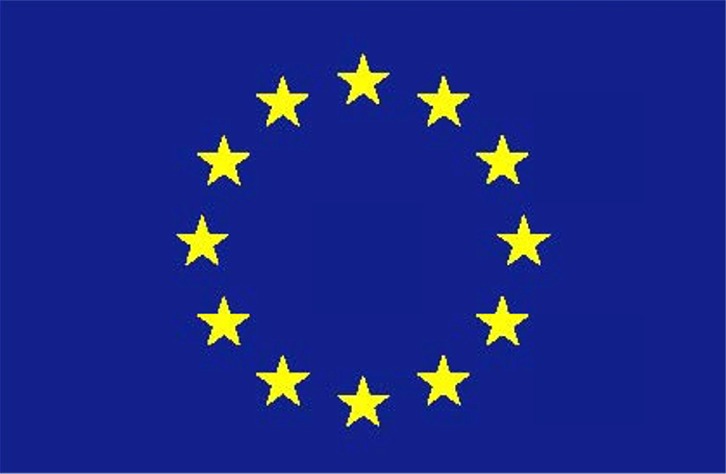EU says yes to dairy export subsidies, no to butter mountains
 Brussels - The European Union is re-introducing export subsidies for dairy products to help farmers cope with tumbling prices, despite protests from rival producers abroad.
Brussels - The European Union is re-introducing export subsidies for dairy products to help farmers cope with tumbling prices, despite protests from rival producers abroad.
Officials in Brussels, however, insisted Thursday that there would not be a return to the infamous butter mountains and milk lakes of the 1980s.
"We are not anticipating a return to the old days of butter mountains and milk lakes," said Michael Mann, spokesman for the EU's agriculture commissioner, Mariann Fischer Boel.
"This is a temporary crisis situation on the market," Mann said.
Average milk prices in 25 EU countries have fallen from 37.22 euros per 100 kilogrammes (48.07 dollars) in October 2007 to 34.56 euros in October 2008 - a drop of 7 per cent.
But they have since tumbled, partly as a result of a recent decision by the European Commission to raise quotas.
As from March 1 and until August, EU money will be spent on buying up to 30,000 tonnes of butter and 109,000 tonnes of skimmed milk powder at pre-determined prices.
Higher quantities might then be bought should the need arise.
EU officials say the measures are both temporary and limited and therefore in line with the bloc's world trade commitments.
But the decision has already infuriated competing producers in Australia and New Zealand.
Last week, New Zealand Trade Minister Tim Groser and Agriculture Minister David Carter said in a statement that the EU's move would send a negative signal at a critical time for multilateral negotiations to liberalise world trade and the global economy.
New Zealand hosts the Fonterra farmers' co-operative, the world's biggest single exporter of dairy products, selling to about 140 countries.
Asked whether butter mountains would soon be growing again around Brussels, Mann said EU warehouses were currently empty and that there were clear limits on how much the EU can "subsidise in terms of volume and price."
The EU suspended dairy subsidies in 2007 and is now aiming to phase out all agricultural subsidies by 2013 - "but only as long as our (international) partners do the same," Mann said. (dpa)